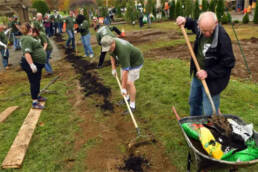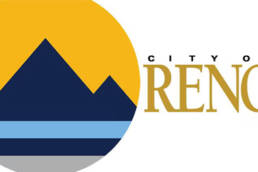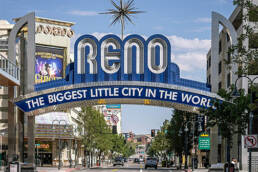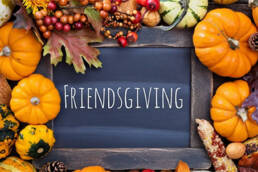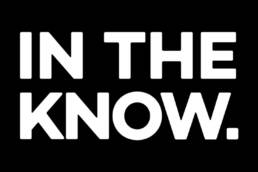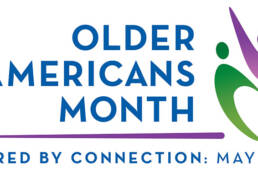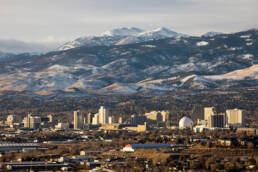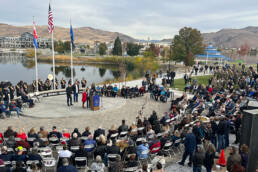Can you believe 2024 is here? The world has not ended, but it has for thousands and the hatred is ramped. Since I am a post-World war two baby, I have not seen anything like this in my life, not even the Vietnam War. I am still kicking and hopeful for world peace, acceptance, and happiness. Since it is a New Year, we make resolutions. What are your resolutions and wishes? They could be very personal like losing weight, exercising more, or even laughing more. They could be focused on others, such as volunteering to help others or giving more to others. These resolutions and wishes can create very concrete goals for ourselves, others, and even the world and we can feel self-gratification as we or the world succeed.
The new year is steeped in tradition and symbolism. For some, it’s a time to honor their cultural heritage and observe ancient customs. For others, it’s an occasion to indulge in festive revelry and fun. Whatever your beliefs and practices, the new year is a time to pause, reflect, and take stock. It’s a perfect opportunity to revisit your values, strengthen your relationships, and improve your life.
New Year’s Day is a holiday around the world that marks the end of one year and the beginning of another. It is a time to celebrate, reflect, and look forward to the future. It is also a time to cast off the old year and rejoice in the new year, as well as reflect on wishes and develop new resolutions. This unique tick of the clock has always prompted us both to celebrate and step outside the day-to-day activities we’re always busy with to reflect, look back, take stock, assess how we did, and resolve to do better. Except for our birthdays, no other moment in our year gets this sort of attention and focus on the future around the world.
Why does the start of the new year carry such special symbolism and focus? And why is its celebration so common around the world, as it has been for at least as long as there have been calendars? This focus on a common event around the world must surely be tied to something intrinsic in the human animal, something profoundly meaningful and important, given all the energy and resources we invest not just in the celebration but also in our efforts to make good on a fresh set of resolutions. It may be that the symbolism we attach to this moment is rooted in one of the most powerful motivations of all: our motivation to survive.
The celebration part is as obvious as our birthdays are celebration days. New Year’s Day provides us the chance to celebrate having made it through another 365 days. This is the unit of time by which we keep the chronological score of our lives. Another year has gone by and we have survived. Clearly, it is a time to acknowledge our survival. Many countries have a celebration unique to their culture. For example, the Jews seek and offer forgiveness. Would it not be fantastic if the Jews offered that by ending the current war by offering a peace settlement?
But what about those resolutions that we make every year? Aren’t they about survival too, that is living healthier, better, longer? New Year’s resolutions are examples of the universal human desire to have some control over what lies ahead because the future is unknown. Not knowing what’s to come means we don’t know what we need to know to keep ourselves safe. For example, if for some reason the U.S. elects a dictator, what happens to our democracy? In order to counter that worrisome powerlessness, we do things to take control. We resolve ourselves to do things like vote, diet, exercise, volunteer, and give to others. It doesn’t even matter whether we hold our resolve and make good on these promises. Committing to them, at least for a moment, gives us a feeling of more control over the uncertain days to come, and hopefully most are acted on.
It’s fascinating, really, to see how common so much of this is, such as fireworks, good-luck rituals, and resolutions to give us the pretense of control over the future. Everywhere, New Year’s is a moment to consider our weaknesses and how we might reduce the vulnerabilities they pose and to do something about the scary powerlessness that comes from thinking about the unsettling unknown of what lies ahead. As common as these shared behaviors are across both history and culture, it’s fascinating to realize that the special ways that people note this unique passage of one day into the next are probably all manifestations of the human animal’s fundamental imperative for survival.
How do all these resolutions and the social “resolving” connect to survival? To put it straight forward we are social animals that live in community settings. We have evolved with other humans who depend on others for our health and safety. Treating people well is a good way to be treated well. “Do unto others as you would have them do unto you,” is a great survival strategy. What better way to “add life to Years.”




